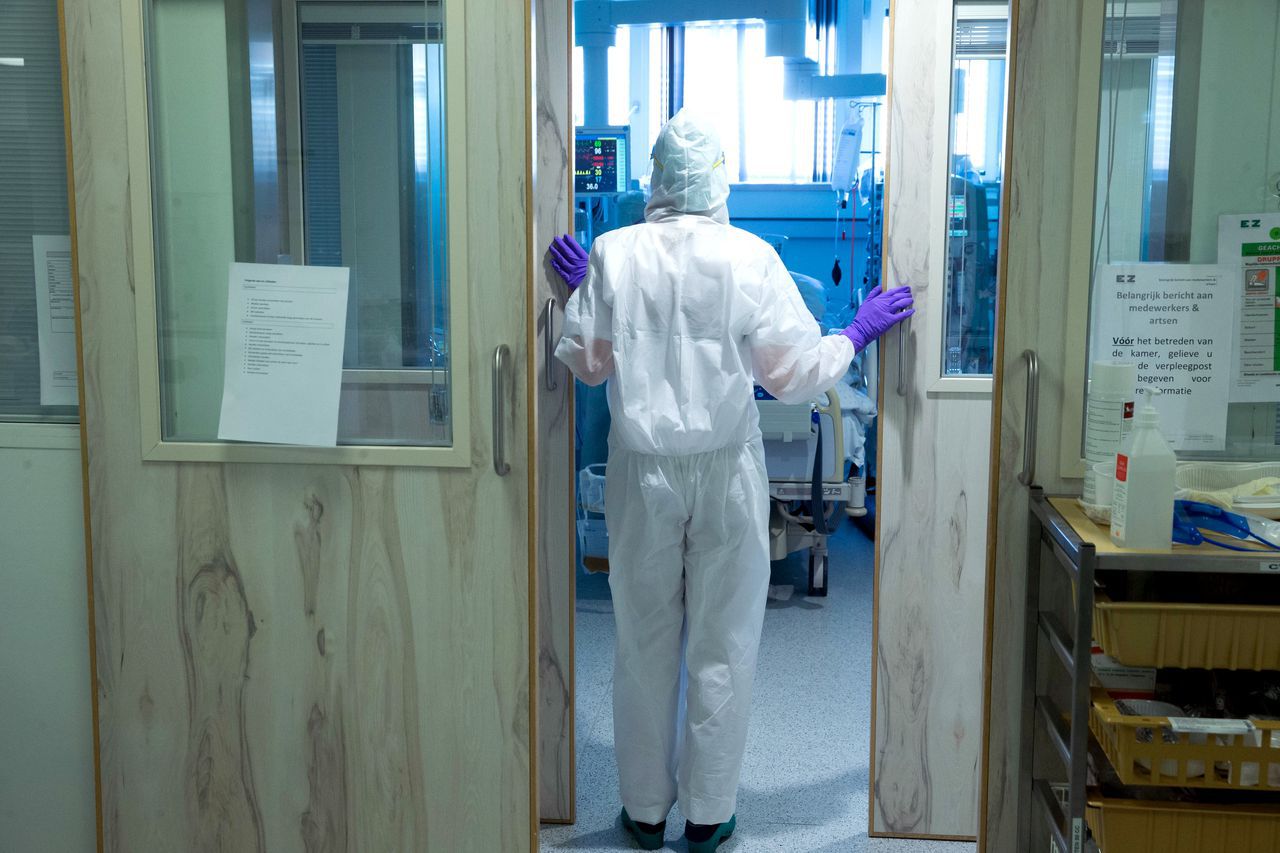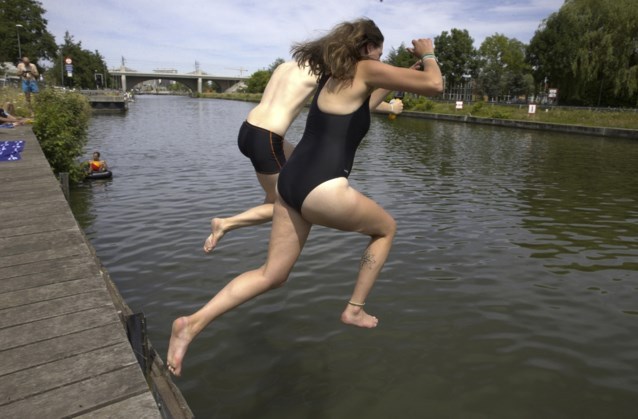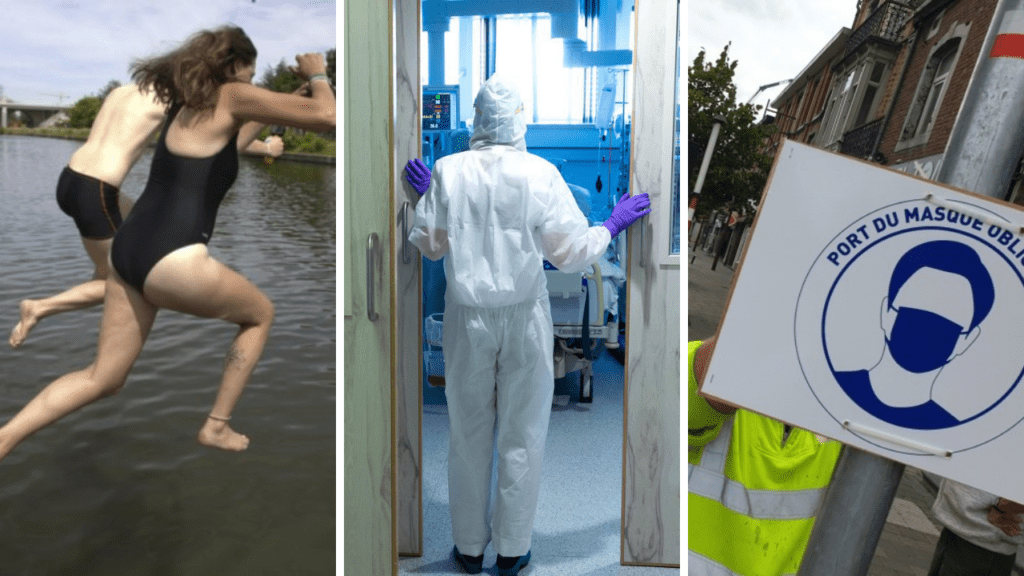While the coronavirus infection figures across Belgium have been going down again recently, questions about the country’s restrictions are on the rise.
This week, hundreds of doctors, medical specialists and healthcare workers, but also lawyers and economists called into question the use and legitimacy of Belgium’s coronavirus measures, in two separate open letters addressed to the country's government and expert groups.
“Too many decisions taken in recent months have an unfounded scientific basis," over 40 authors said in one letter. "All too often, the direct and indirect impact of the measures has been underestimated," they said, asking for a thorough evaluation of the effectiveness of the measures to limit the spread of the coronavirus.
In a separate open letter published around the same time, hundreds of professionals demand that the measures against the spread of the coronavirus – “the logic of which is sometimes lacking” – be substantially adjusted, and that Belgium opts for “a reverse lockdown.”
Instead of the strict rules for the entire population, a reverse lockdown would see high-risk patients, together with their doctors, develop a strategy for self-protection.
“In short, protect those who need it, and allow the rest of the population to move freely so that the disease can spread naturally. It will eventually weaken the virus.”
In other news, the school year starts again next week, Brussels may get a new public outdoor swimming pool, and Belgium's federal government may not include the country's biggest party.
Belgium in Brief is a free daily roundup of the top stories to get you through your lunch break conversations. To receive it straight to your inbox every day, sign up below:
1. Belgium’s average continues to drop, 477 new coronavirus cases per day
An average of 477.1 people per day tested positive for the new coronavirus (Covid-19) in Belgium during the past week, according to the latest figures by Sciensano on Friday.
The trend of new infections per day has decreased by 7%, over the 7-day period from 18 to 24 August. The average number of new confirmed coronavirus infections in Belgium has been decreasing for several days in a row. Read More.
2. Hundreds of medical experts question Belgium’s coronavirus policy in 2 open letters

The use and legitimacy of Belgium’s coronavirus measures, as well as the experts and policymakers behind them, are being called into question by hundreds of doctors, medical specialists, lawyers and economists, in two separate open letters.
In a first open letter to Belgian policymakers, published on Thursday, over 40 authors demand new, multidisciplinary working groups, De Tijd and L’Echo reported.
In a separate open letter to the Belgian government and expert groups, hundreds of doctors, health scientists, researchers and other healthcare professionals demand that the measures against the spread of the coronavirus – “the logic of which is sometimes lacking” – be substantially adjusted, and that Belgium opts for “a reverse lockdown.” Read more.
3. Cologne cancels celebrated Christmas market
The German city of Cologne has announced the cancellation of its celebrated Christmas market by the city’s cathedral, blaming coronavirus restrictions.
The market was due to open in late November, and has always been a major attraction for people in Belgium, whether social groups travelling by coach or individuals going by train. Read more.
At the moment, no decision about the fate of the Brussels Christmas market – called Winterpret in Dutch or Plaisirs d’hiver in French – has been made yet. Read more about that here.
4. Why can’t we swim here? New campaign targets outdoor swimming in Brussels

The issue of public swimming – a long-standing one in the Brussels Region – has once again come to debate, following news that several locations have been put forward by a local advocacy group.
“Every major city in Europe has one or many public open-air pools, the capital of Europe has none,” said Pool Is Cool, an organisation that “takes up the challenge to change this, believing strongly in the contribution of outdoor swimming to the living quality of our city.”
In its latest push, the organisation has launched a petition calling for a public swimming pool, and presenting the public with options. Read more.
5. AstraZeneca exempted from liability clause for coronavirus vaccine
The first pharmaceutical firm to clinch a contract with the EU to supply member states with a coronavirus vaccine will be exempted from a usual product liability clause.
Pharma giant AstraZeneca concluded a deal with the EU Commission mid-August to supply the bloc with at least 300 million doses of a vaccine set to be released by late 2020.
In its current form, the deal allows the multinational drugmaker to pass the hot potato of product liability onto national governments, leaving them exposed to the financial consequences of any potential side-effect claims. Read more.
6. Massive illegal streaming service shut down by EU agency
An illegal streaming network consisting of 60 servers in 18 countries has been dismantled following an international operation led by the European Union’s Agency for Criminal Justice Cooperation.
The agency, also known as Eurojust, shut down the ‘Sparks Group’ network that was allegedly run by hackers. The hackers infringed copyright laws by hosting pirated films and television shows, making them available to viewers worldwide. Read more.
7. Latest attempt to form federal government excludes Belgium’s biggest party
Egbert Lachaert, the chairman of the Open VLD party and the 12th person appointed by the King to find a solution for Belgium’s federal government puzzle, is officially trying for a coalition without the country’s biggest party.
On Wednesday, Lachaert informed Bart De Wever, chairman of the Flemish rightwing N-VA party, that he is officially going for a Vivaldi coalition, in other words: one without N-VA, Belgium’s biggest party. Read more.
Maïthé Chini
The Brussels Times

